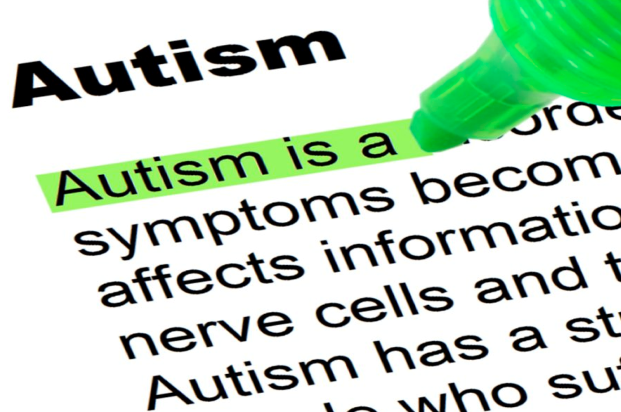Diagnosis of ASD
Apr 19, 2022
ASD is diagnosed in below 2 steps:
Developmental screening
Developmental screening is a test done to see if kids learn the basic skills when they shall, or there are delays. During a developmental screening, doctors may ask the parents certain questions, or play and talk with children during the exam to observe how they speak, learn, move and behave. Delays in any of those can be the sign of a problem.

All kids shall be screened for the developmental disabilities and delays during the regular doctor visits at:-
- 9 months
- 8 months
- 2 years or 30 months
- Additional screening may be required if a kid is at a high risk of developmental disorders because of low birth weight, preterm birth or any other reason
Additionally all kids shall be specifically screened for ASD during doctor visits at:-
- 18 months
- 24 months
- Additional screening may be required if a kid is at a high risk of ASD
It is important that the doctors screen all kids for developmental delays , however, to mainly monitor those at higher risk of developmental problems because of low birth weight, preterm birth or have a sister or brother having ASD.
If the doctor identifies any signs of problem the comprehensive diagnostic evaluation is required.
Comprehensive diagnostic evaluation
This is the 2nd step of diagnosis. It is a thorough review that can include observing a kids’ behavior & development & interview of parents. It can also include a vision and hearing screening, neurological testing, genetic testing and the other medical testing.
In some cases, the doctor may refer the child to some specialist for more diagnosis and assessment. These specialists include:-
- Developmental paediatricians or doctors specially trained in child development & children with special needs.
- Child neurologists or doctors that work on brain, nerves and spine
- Child Psychiatrists or doctors that know about human mind.









